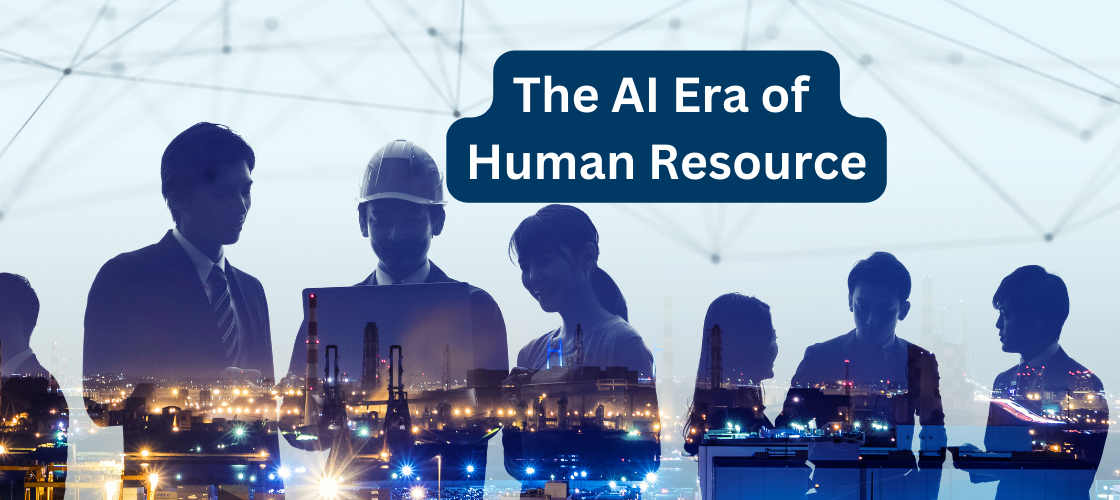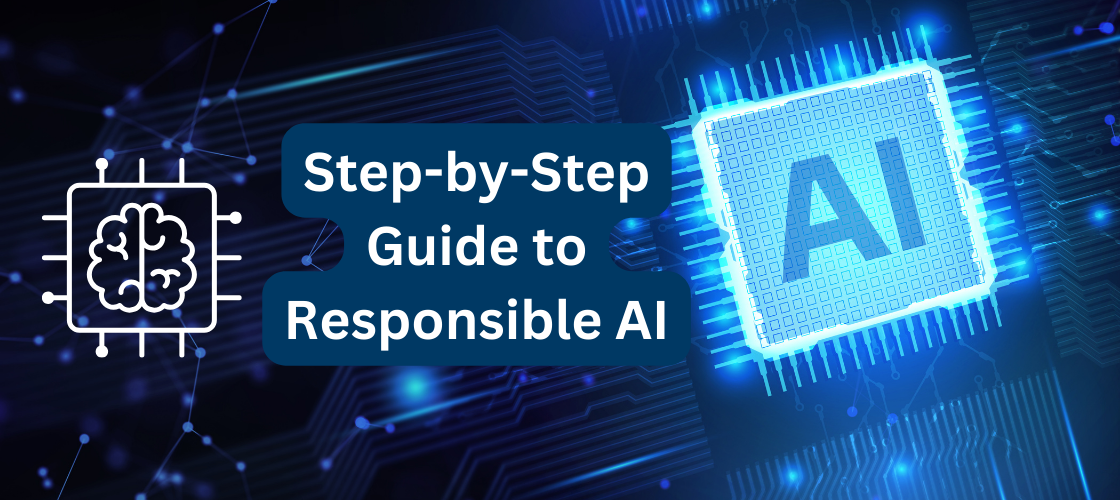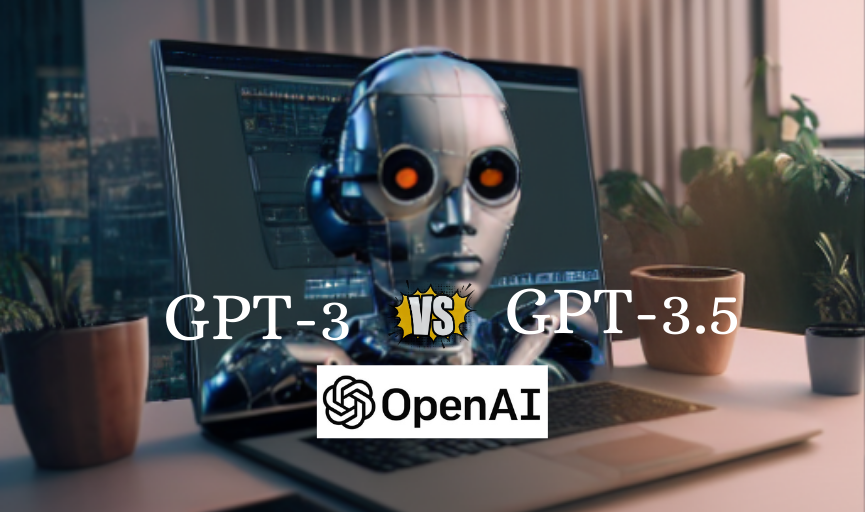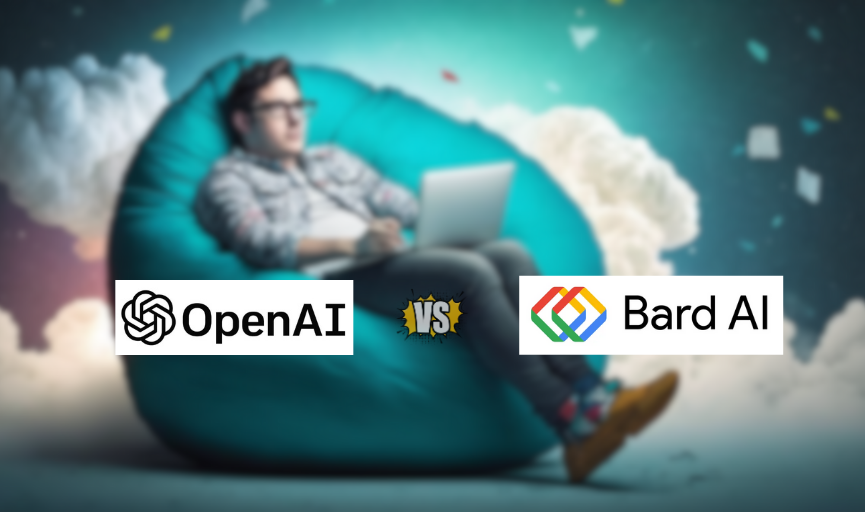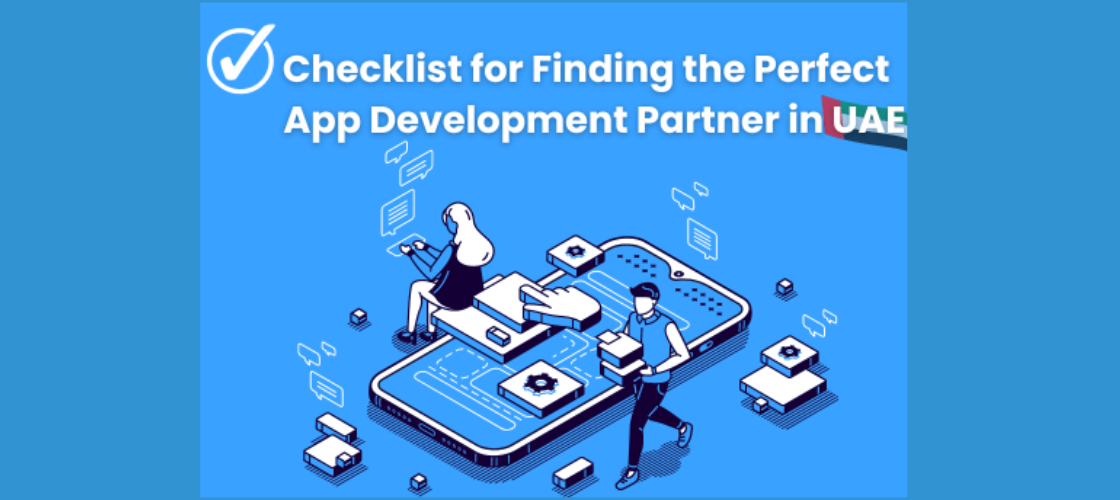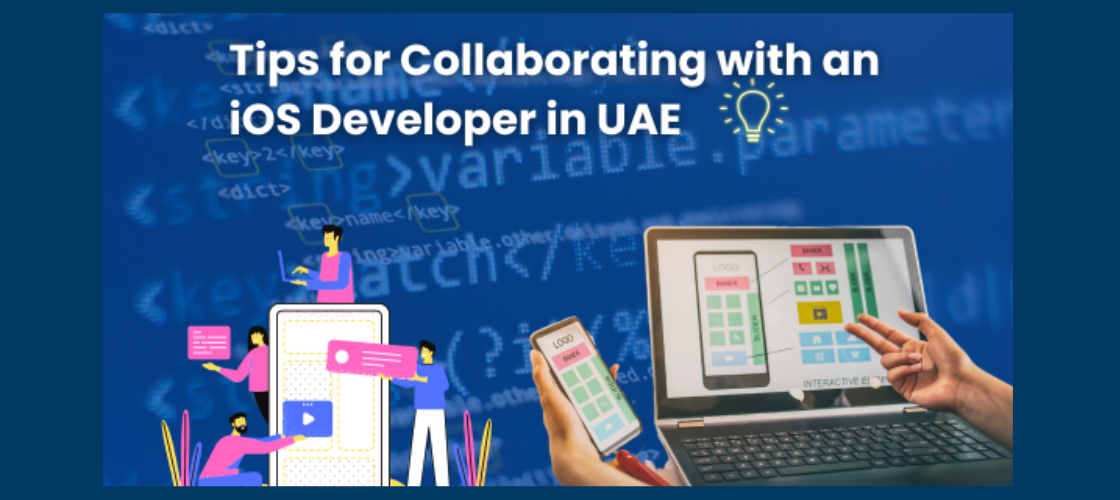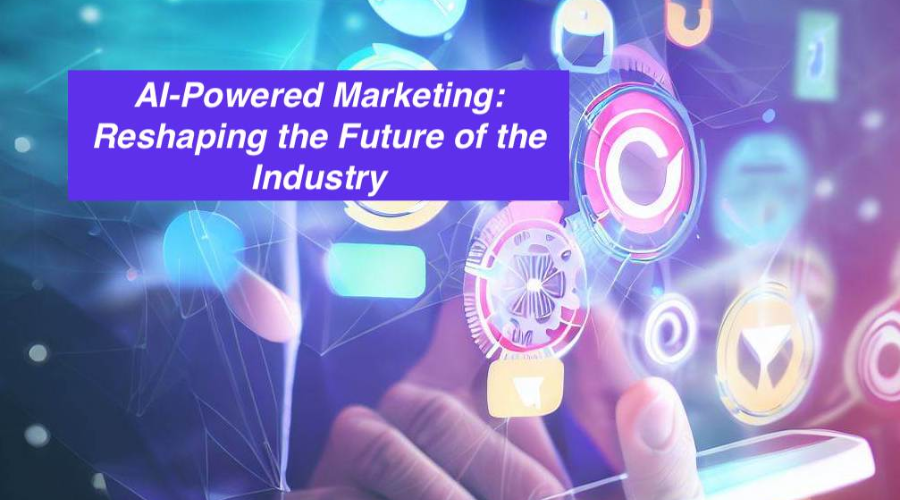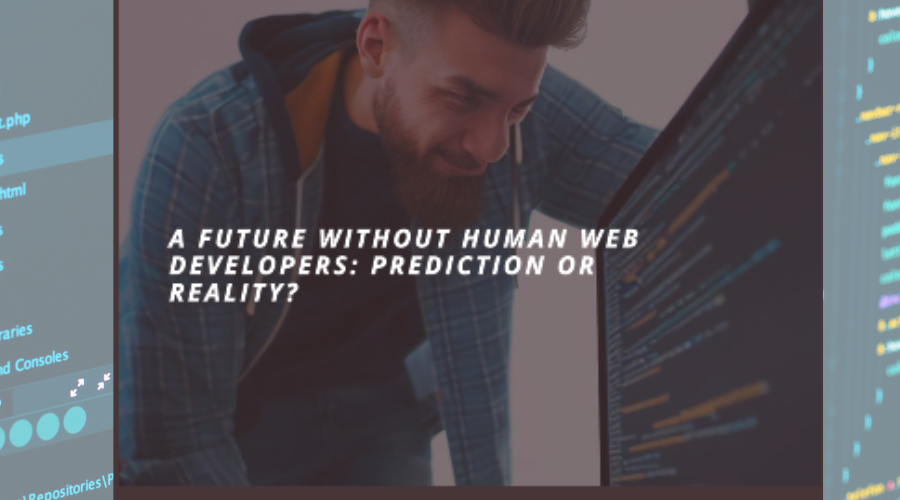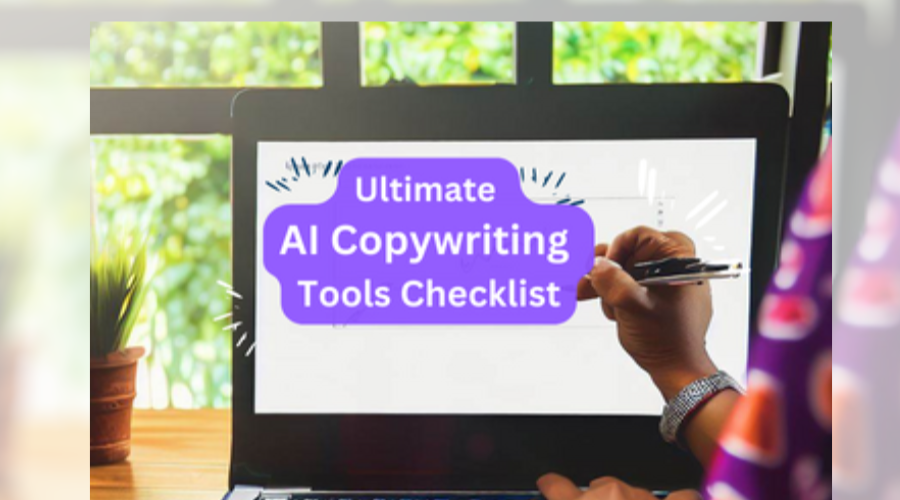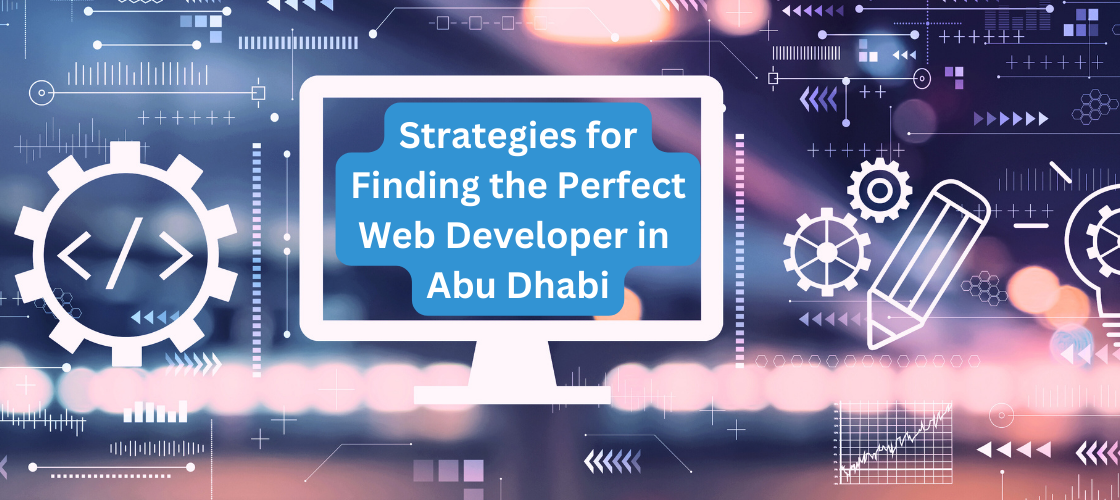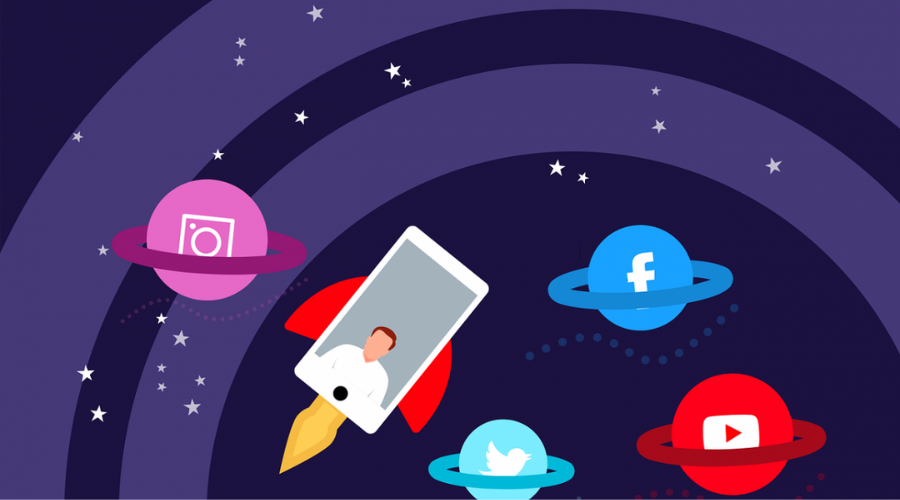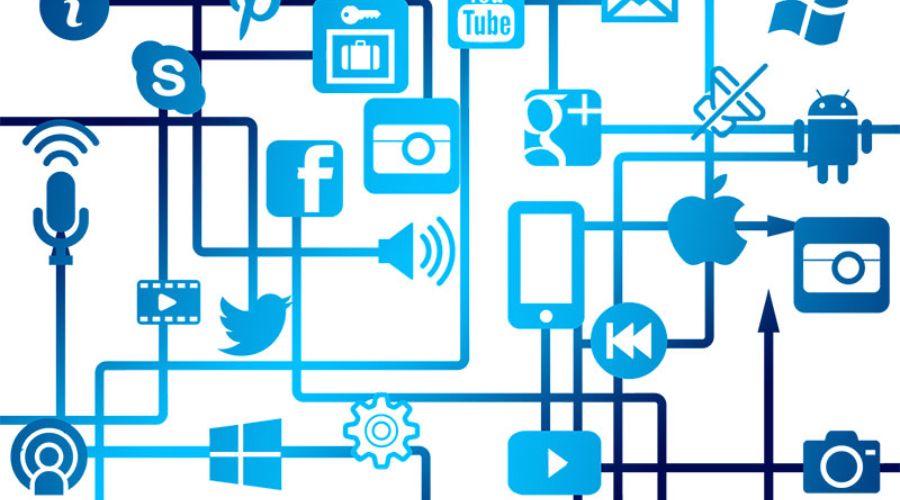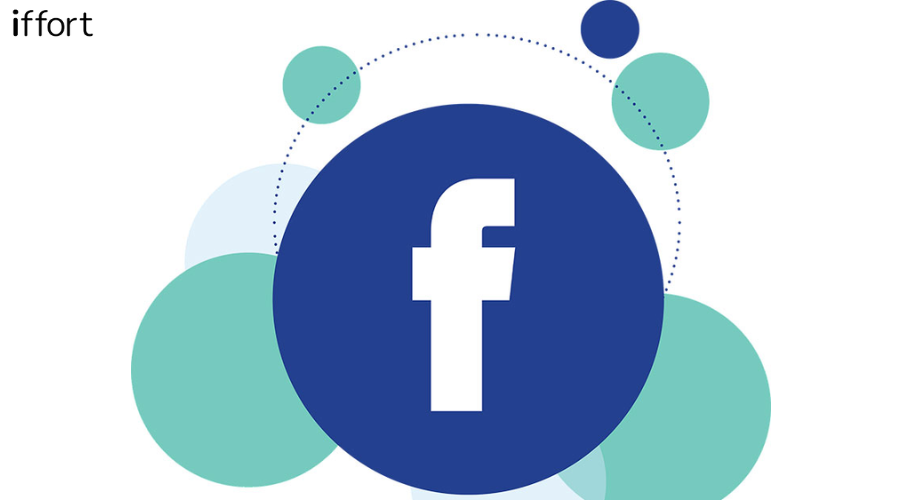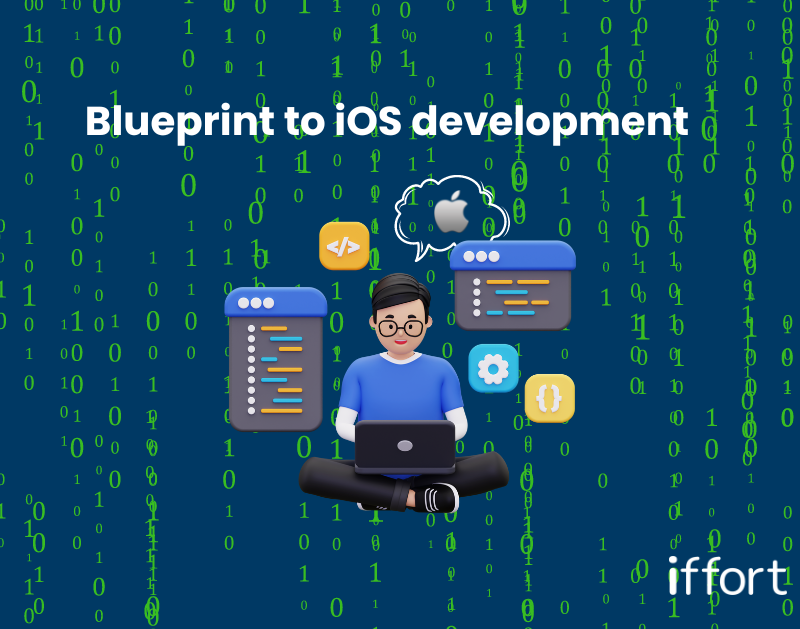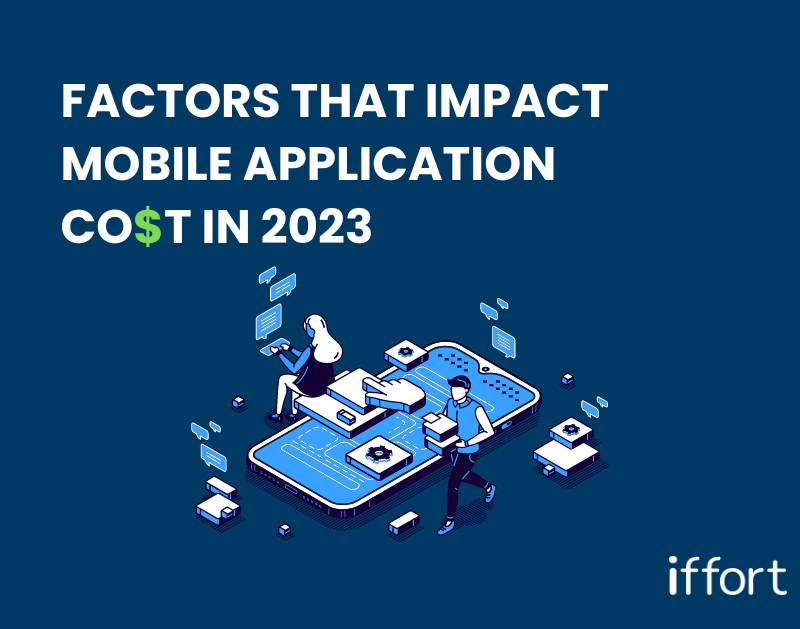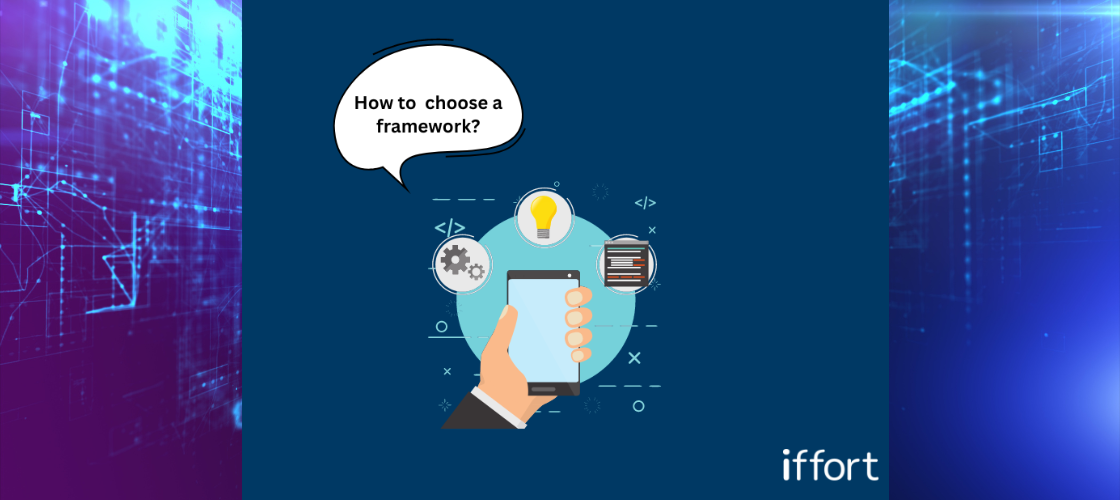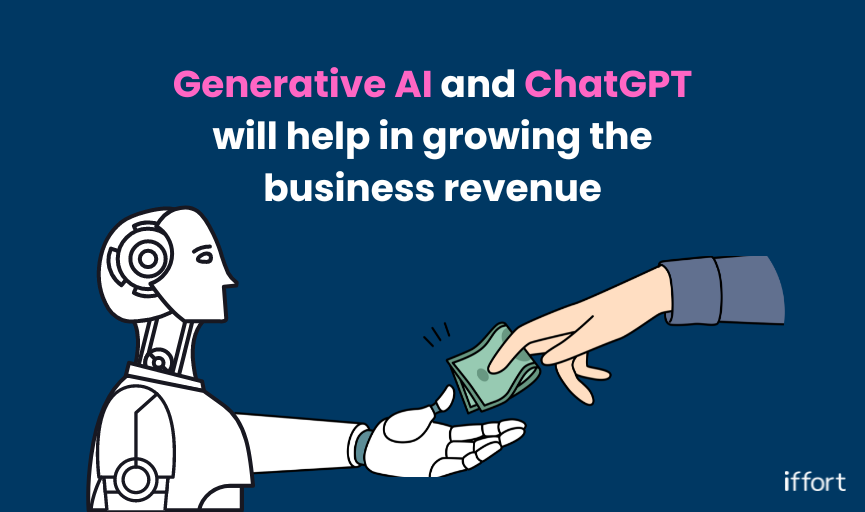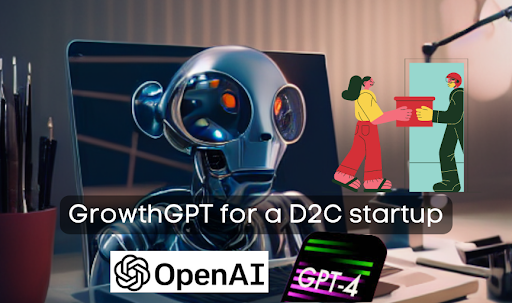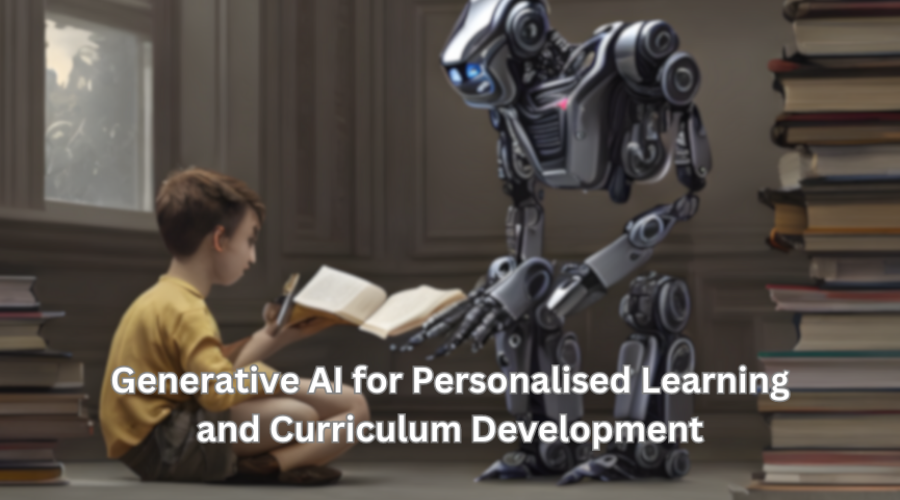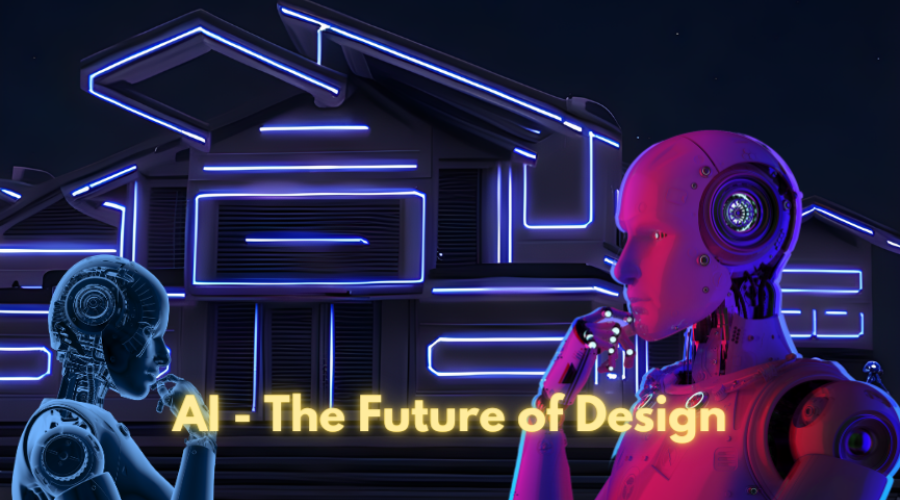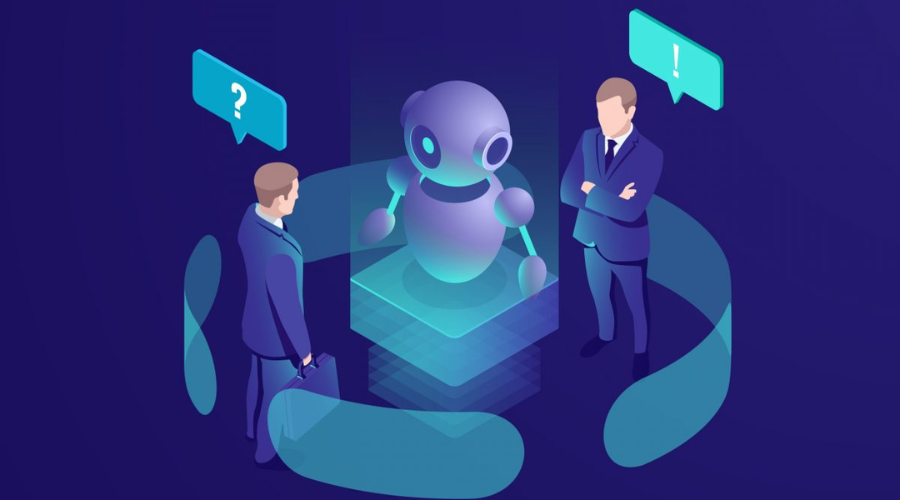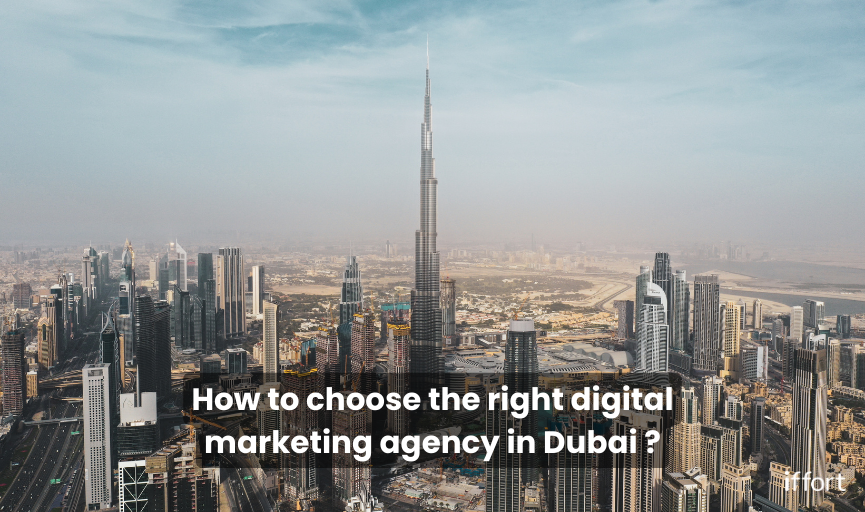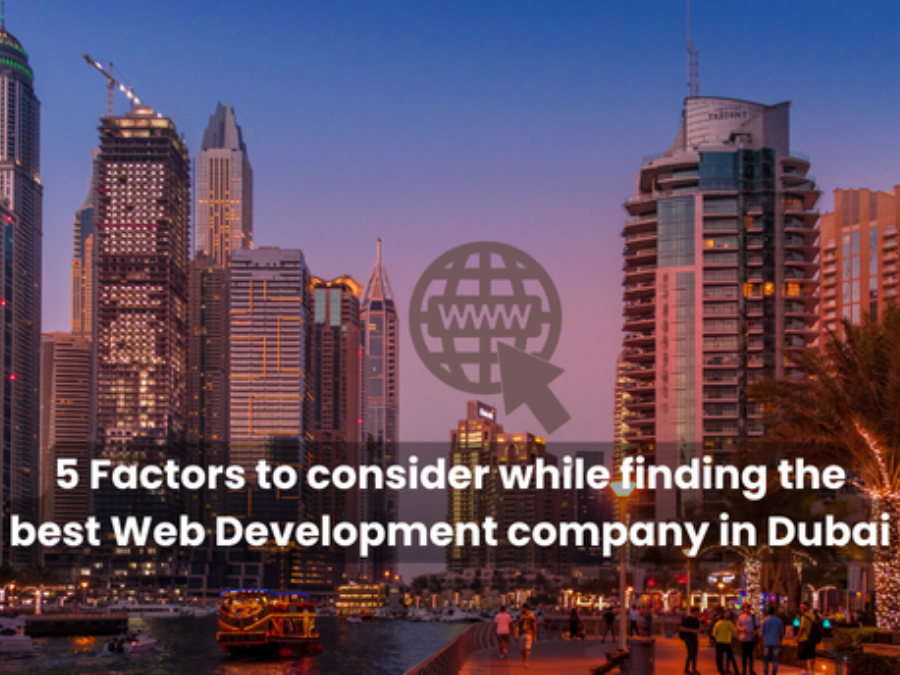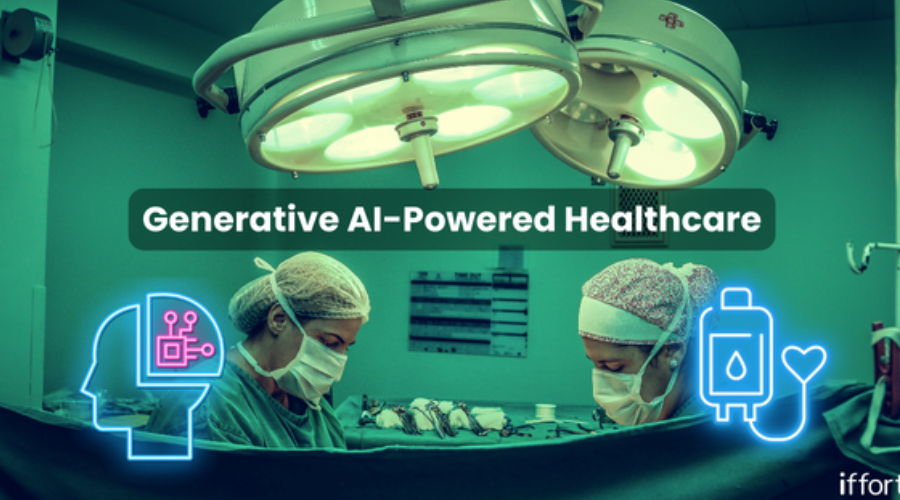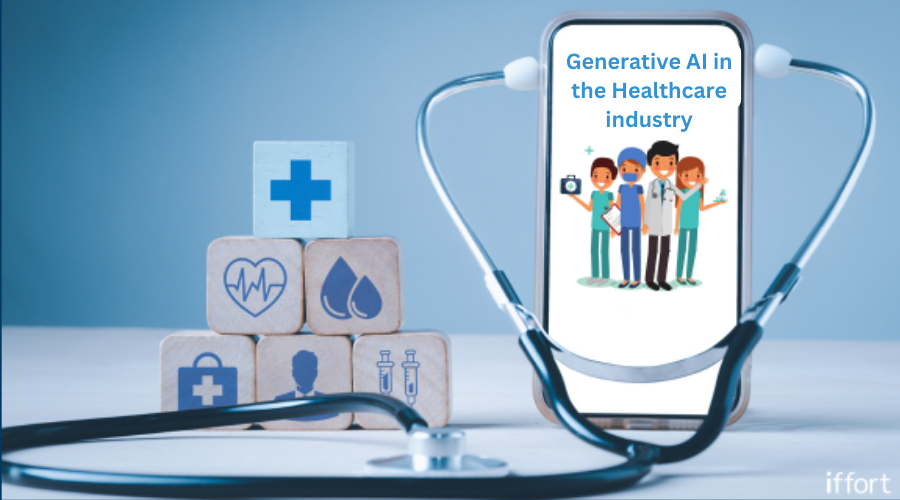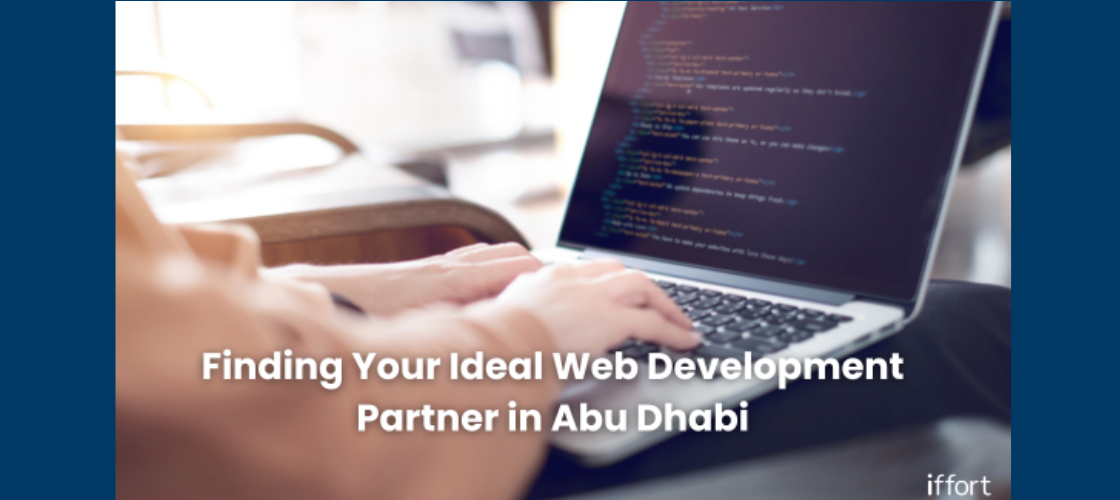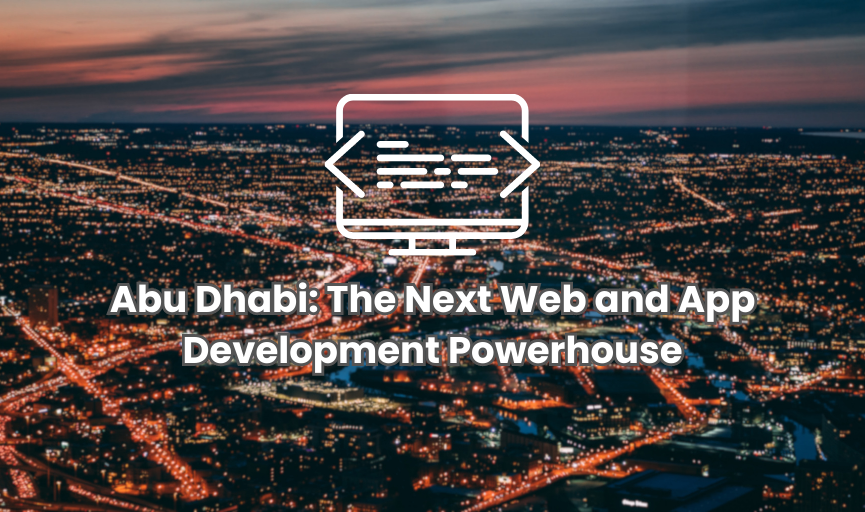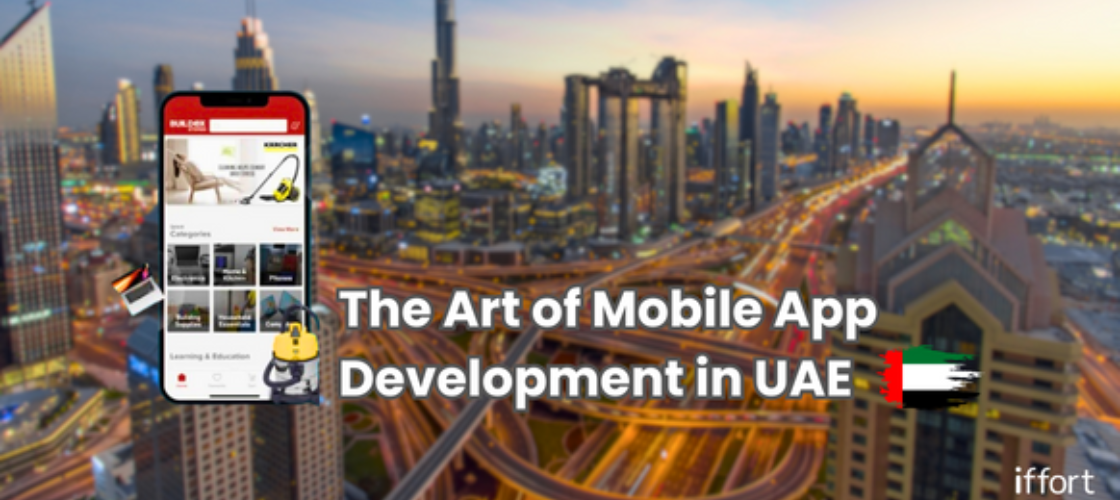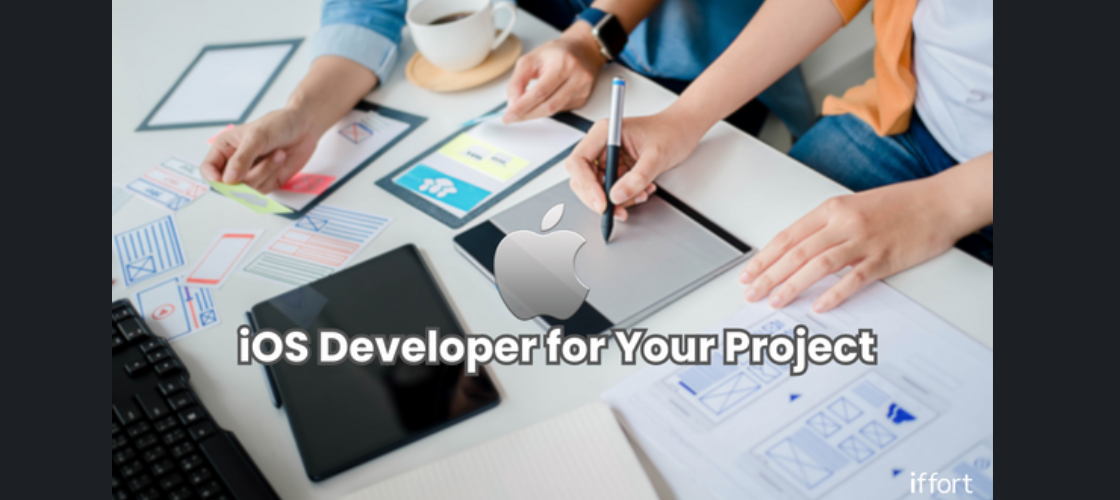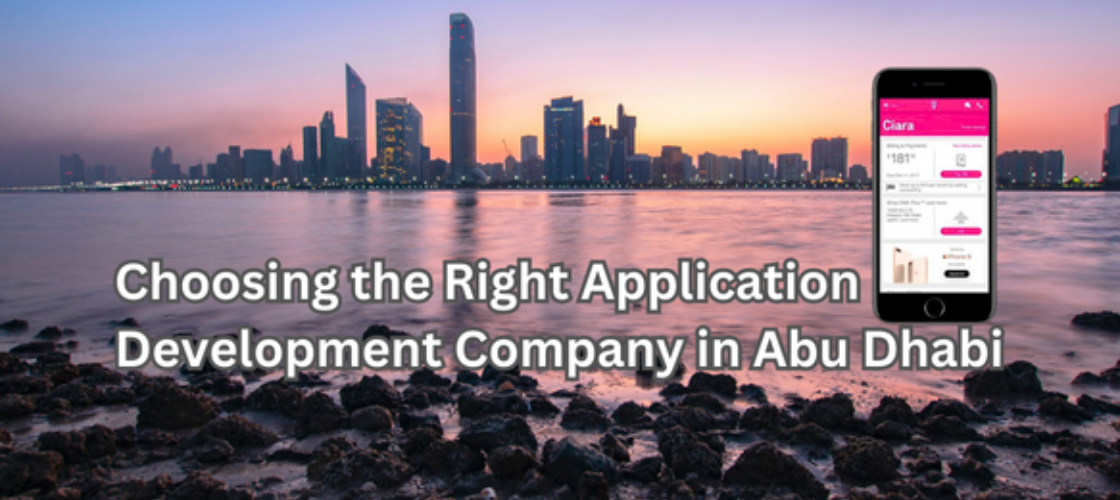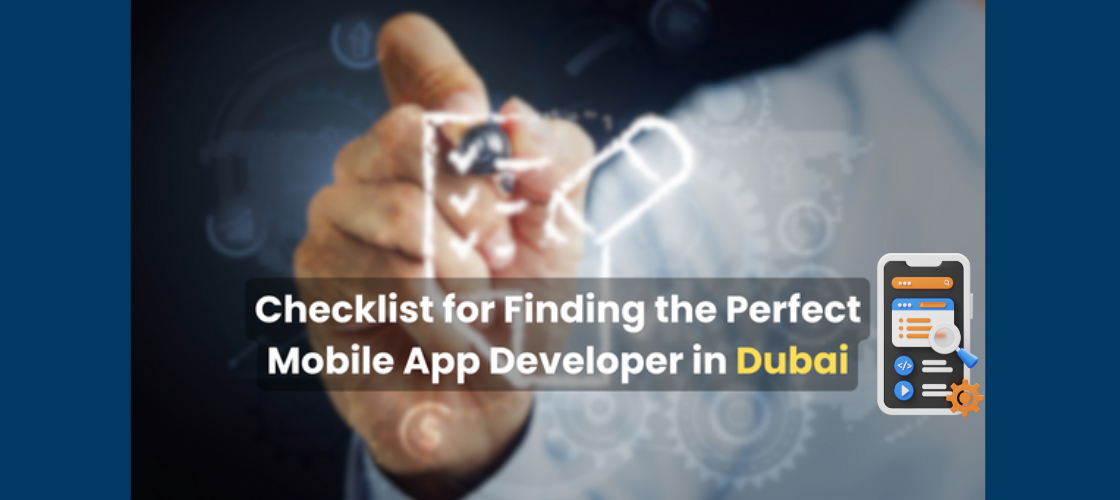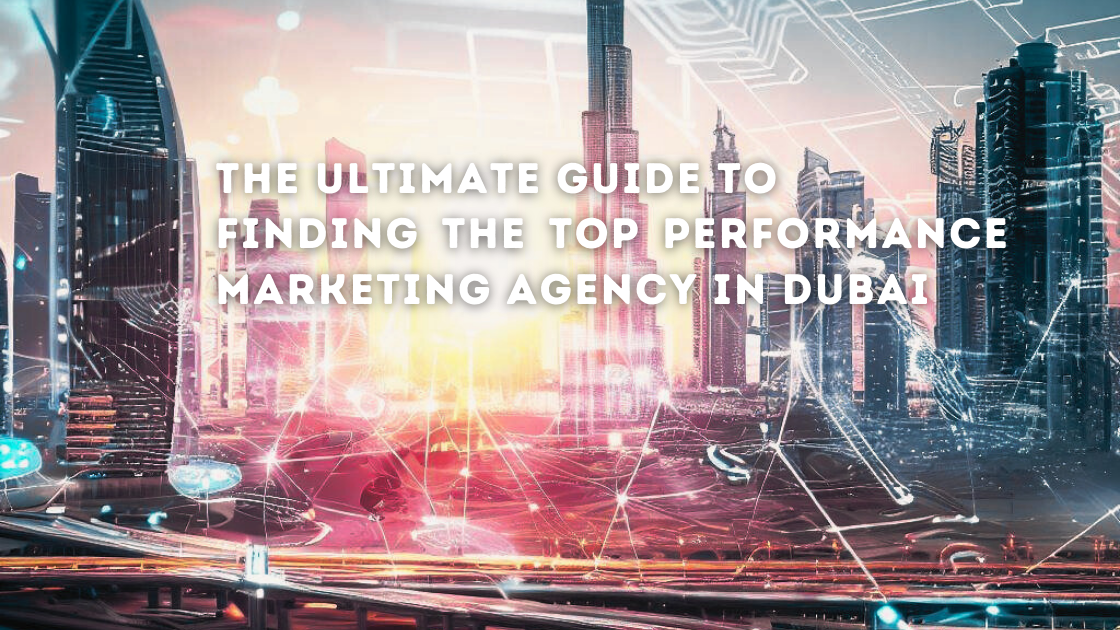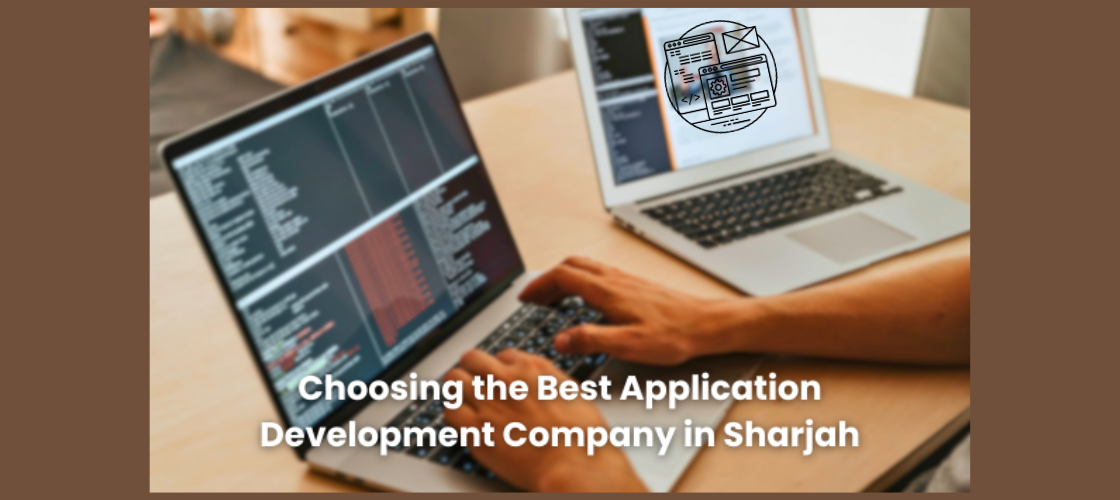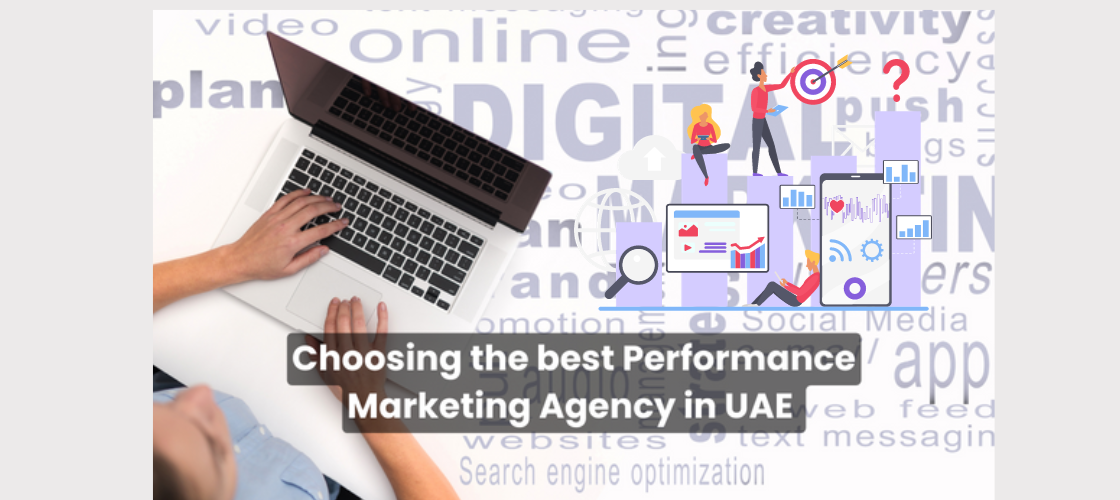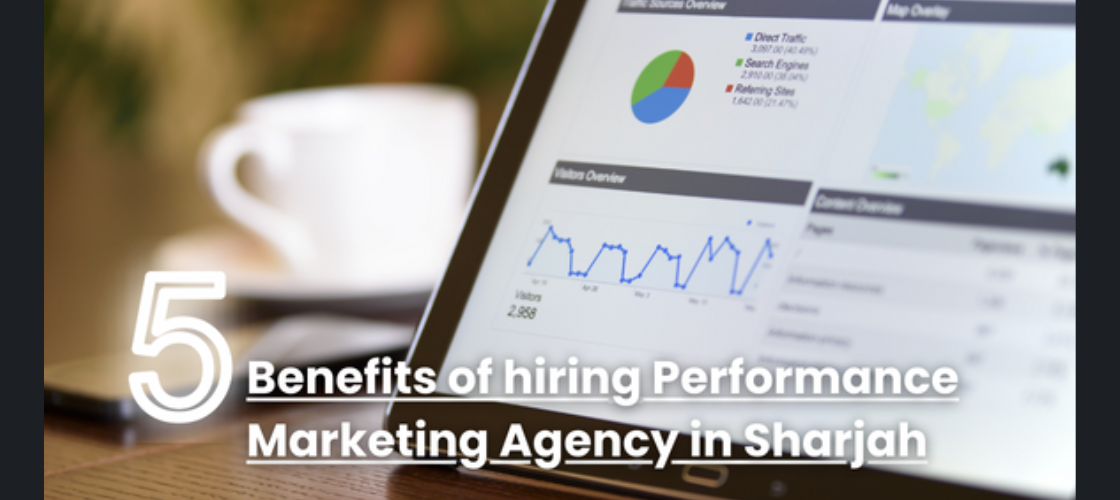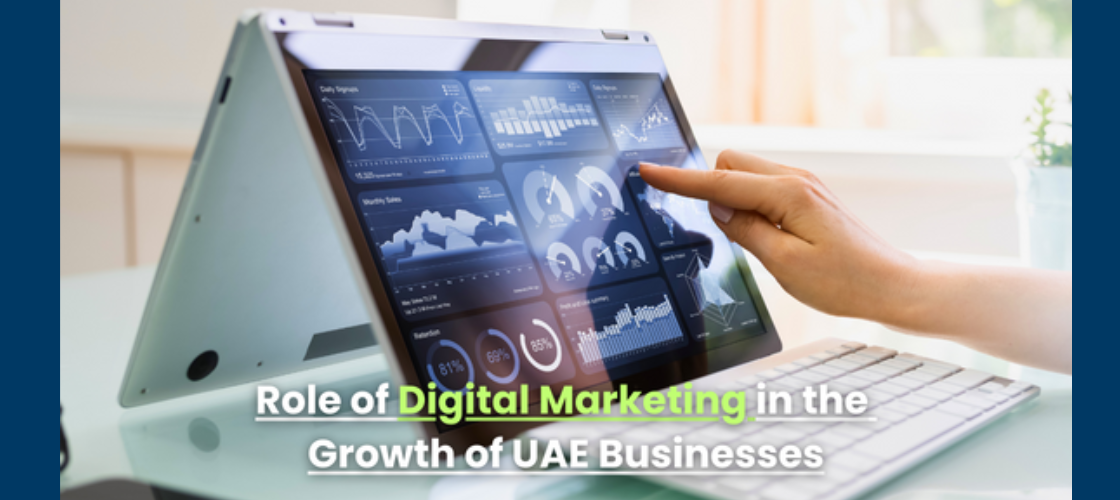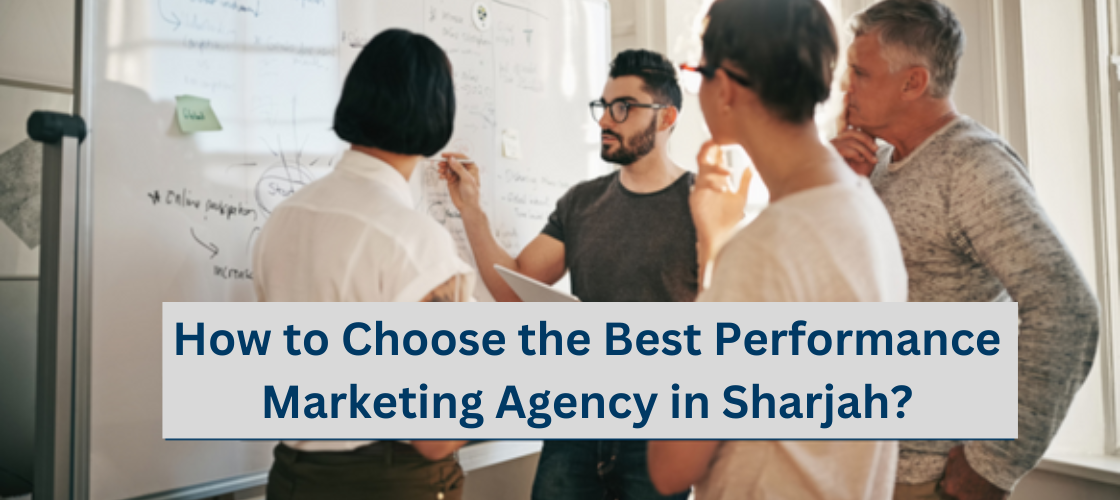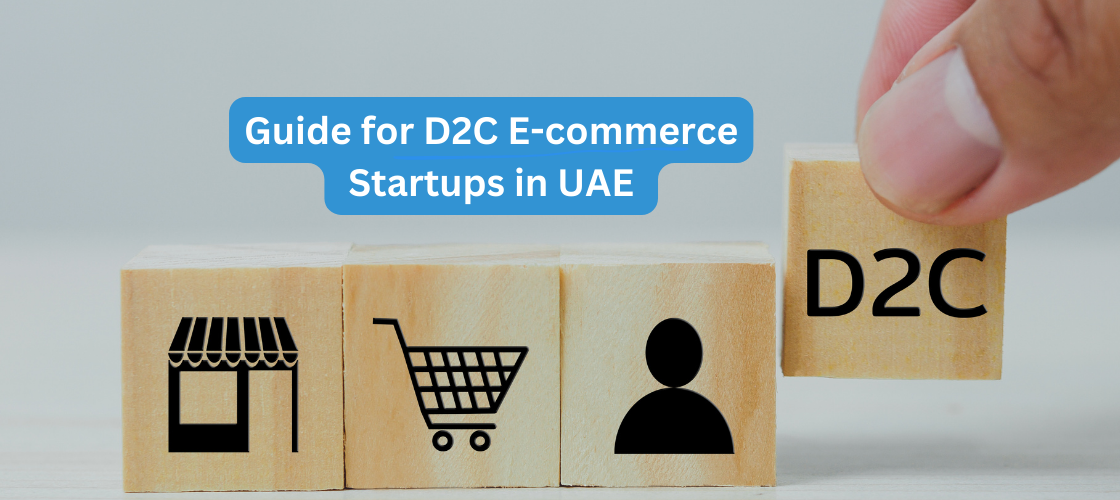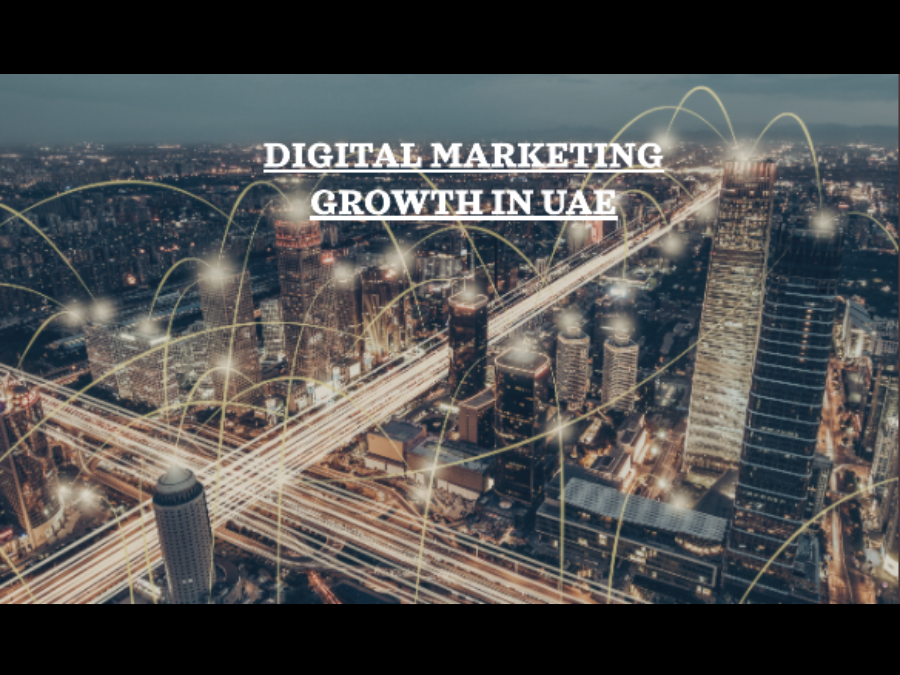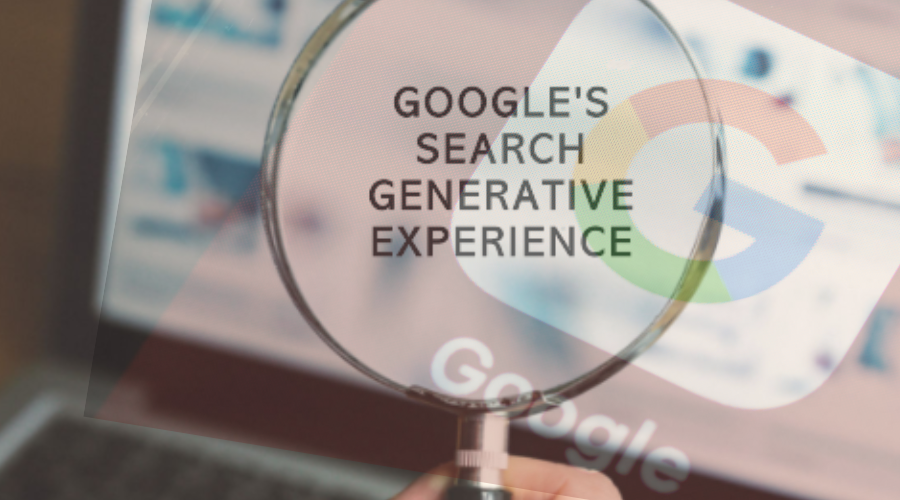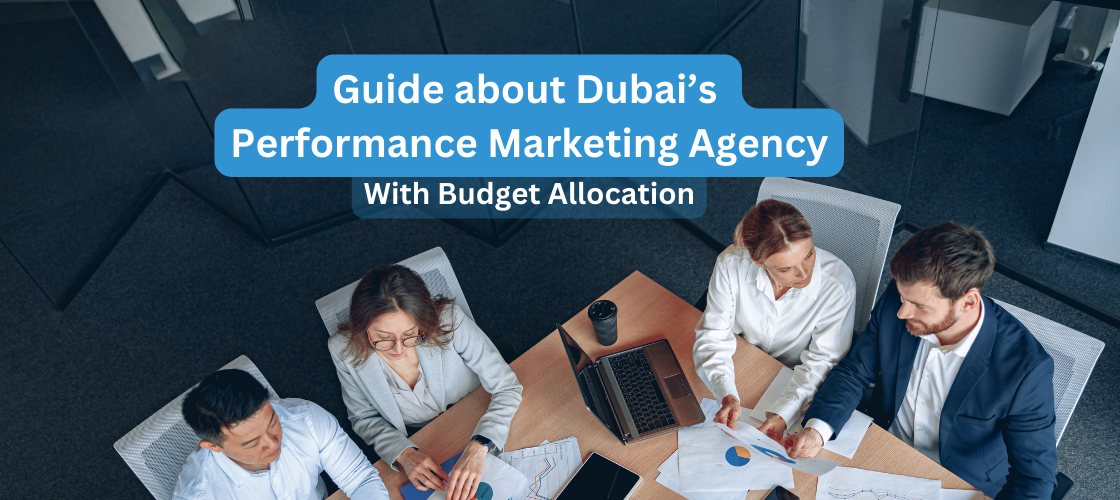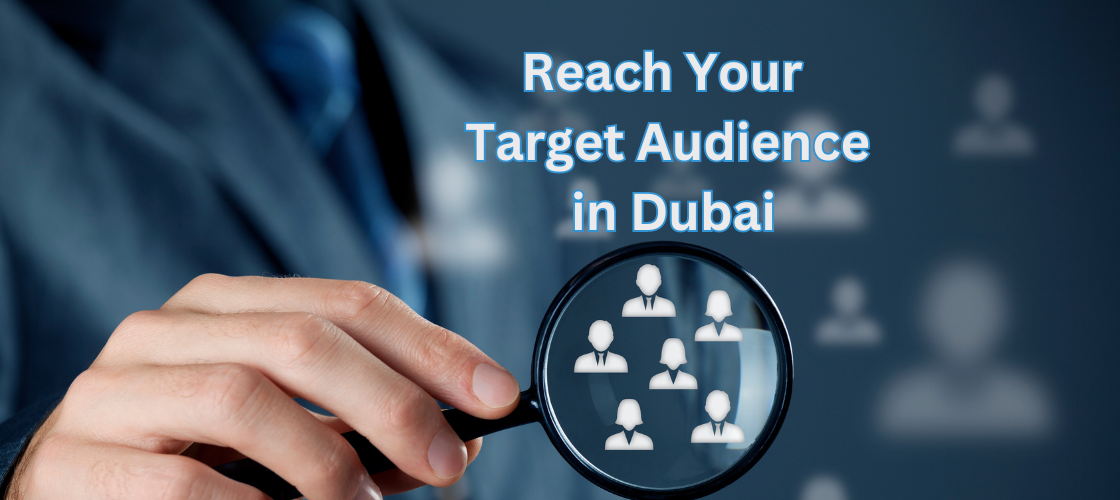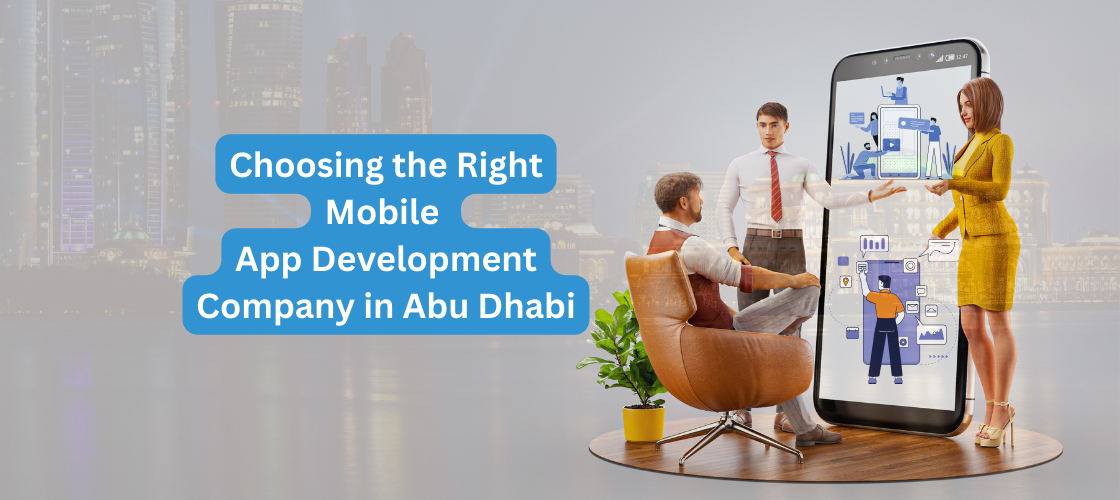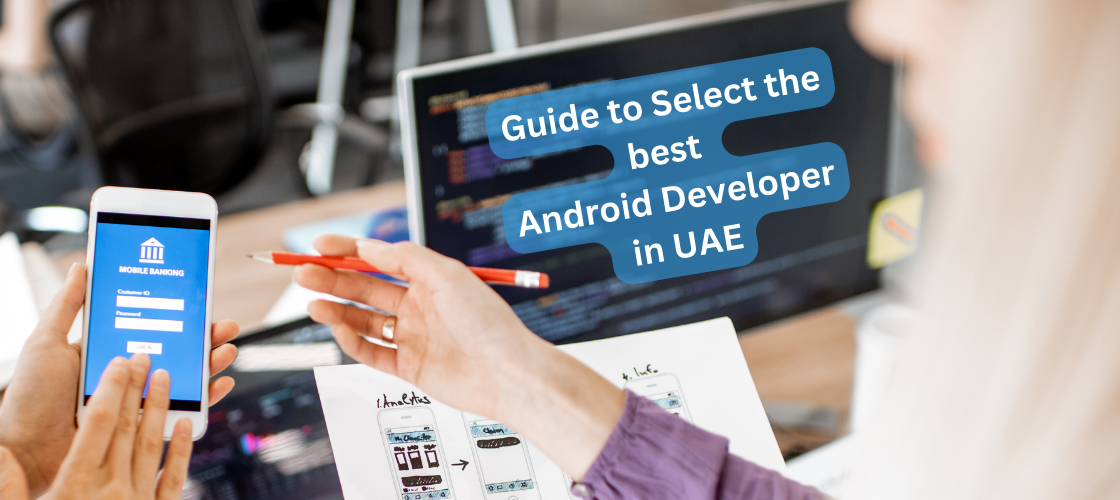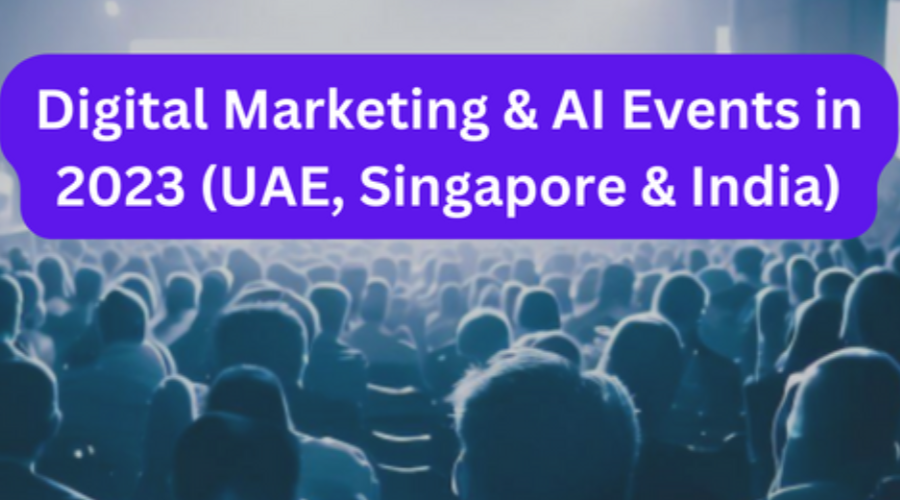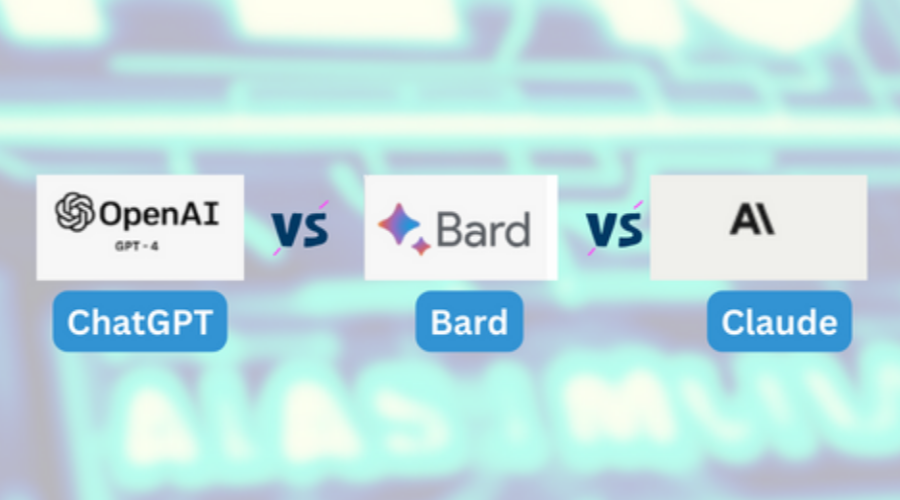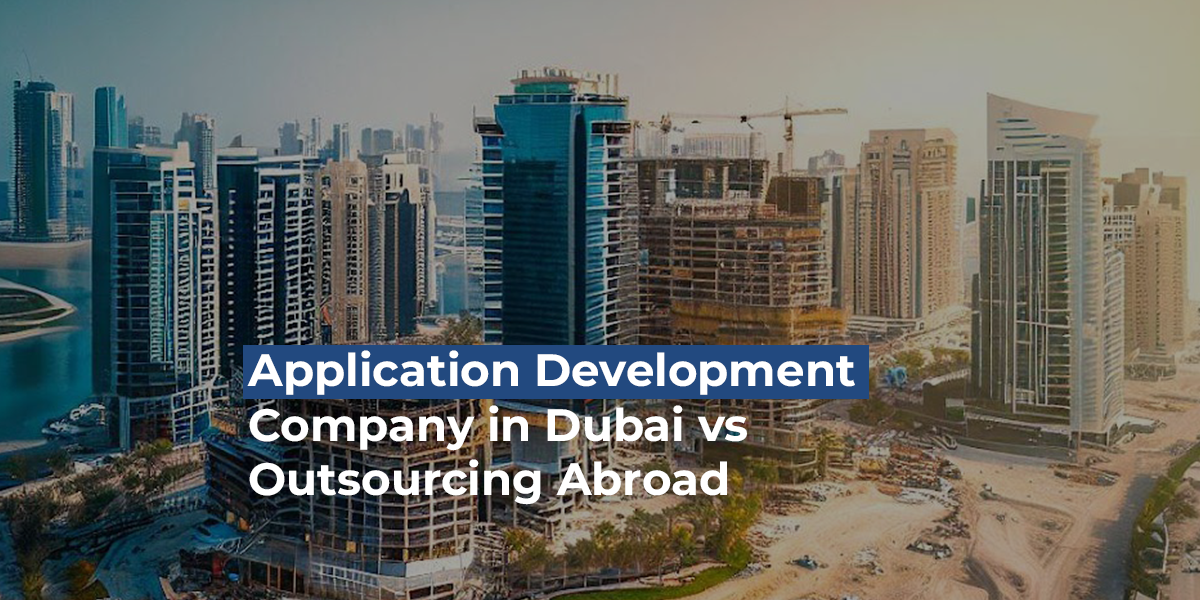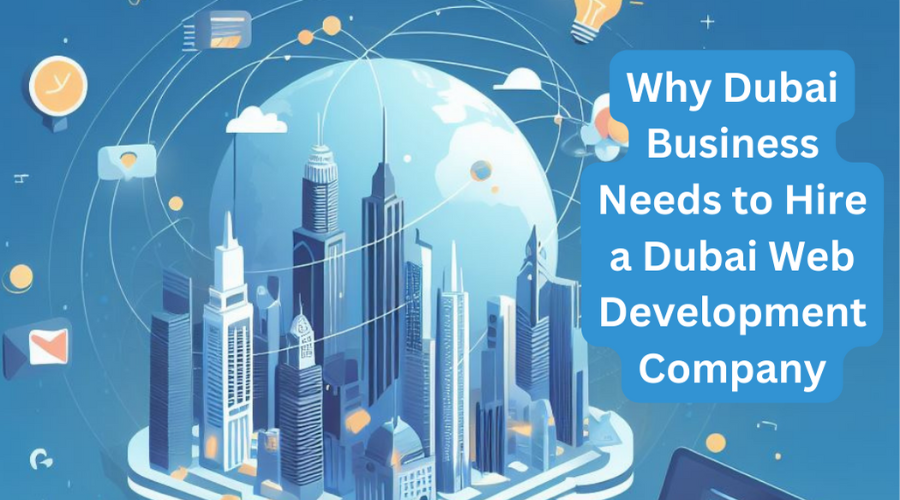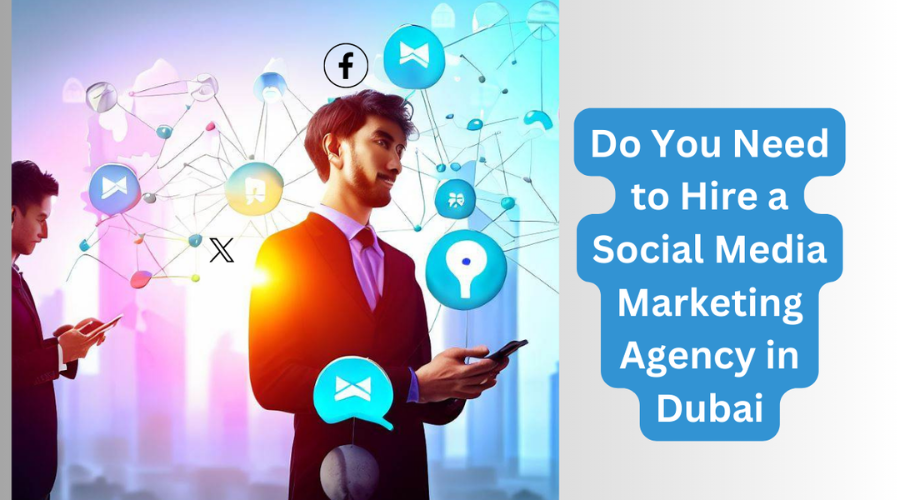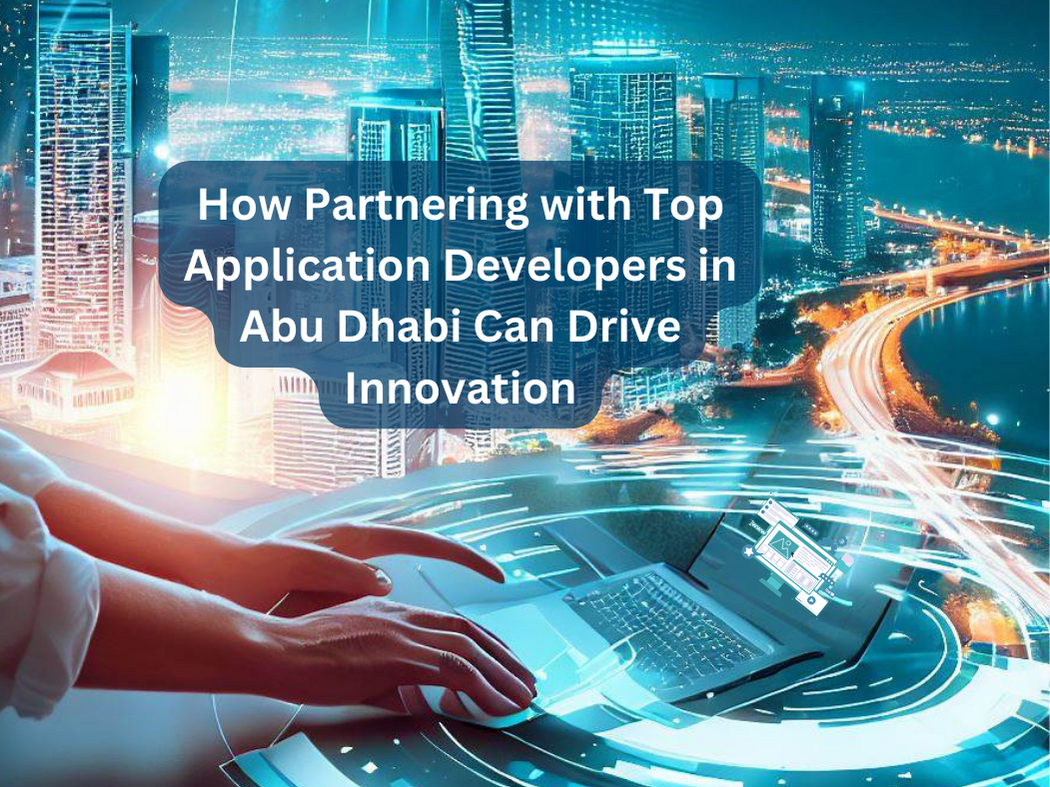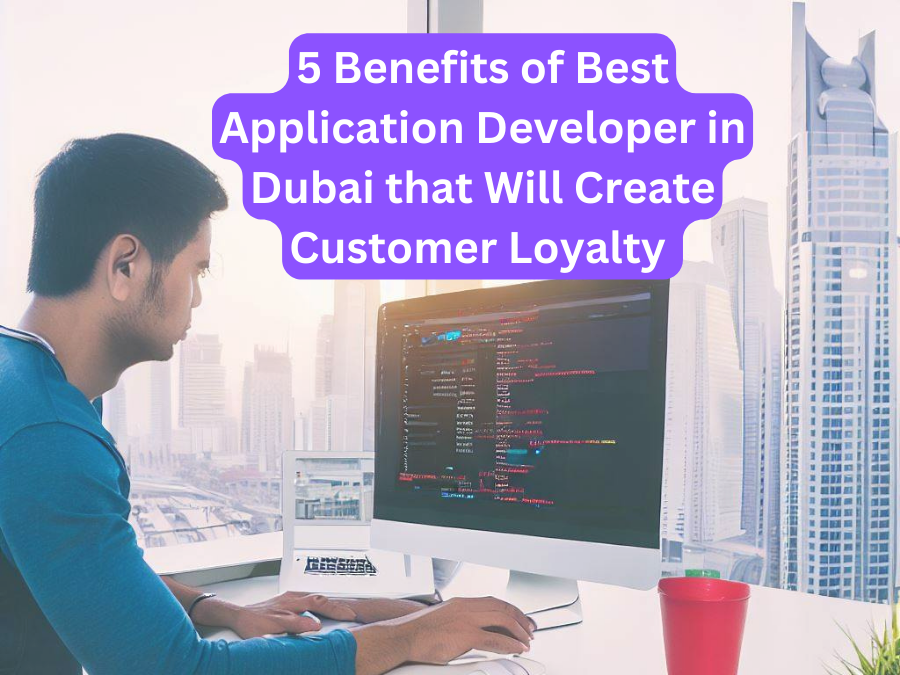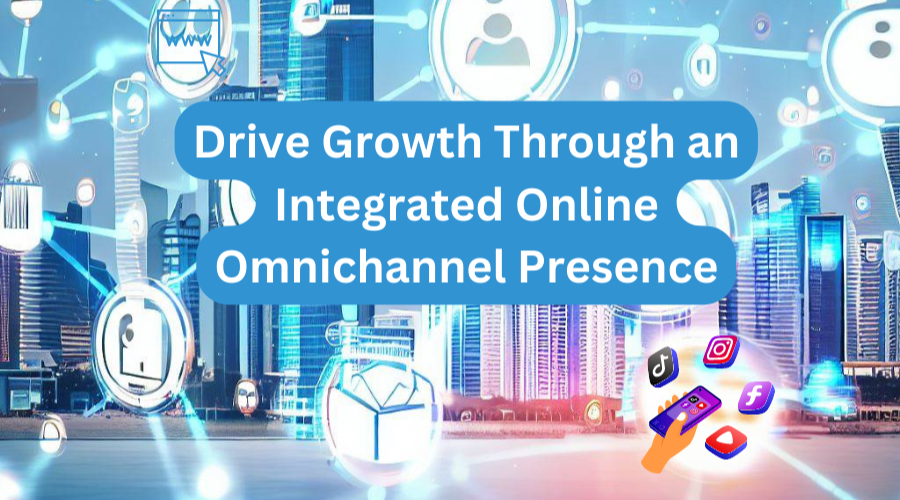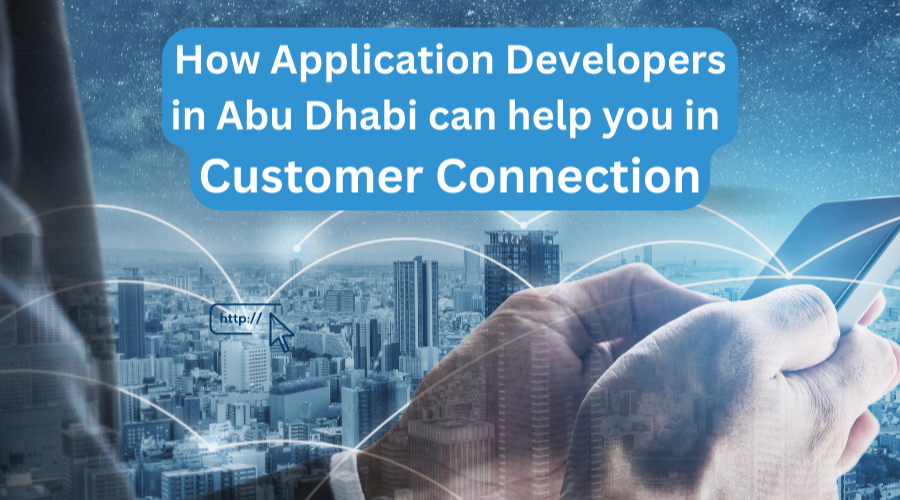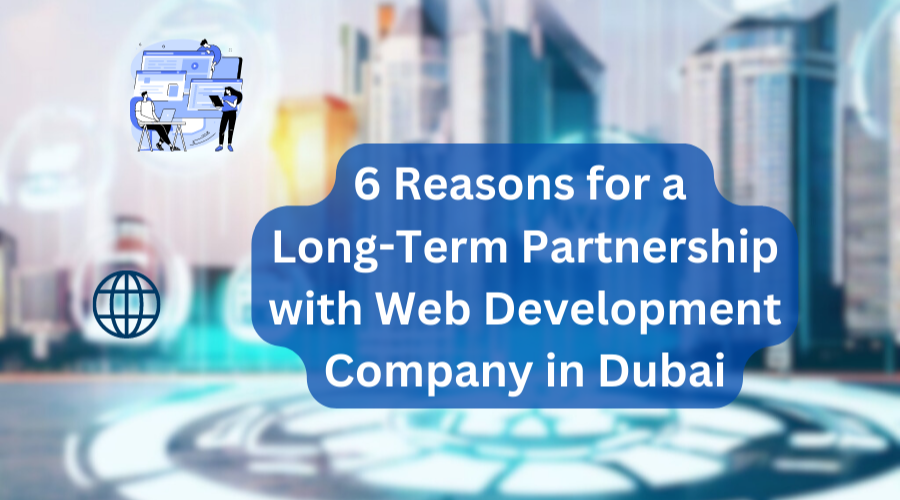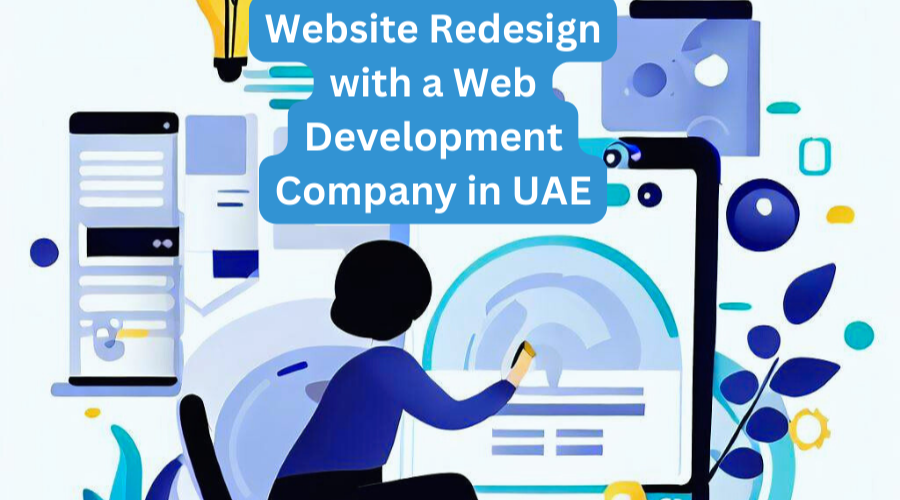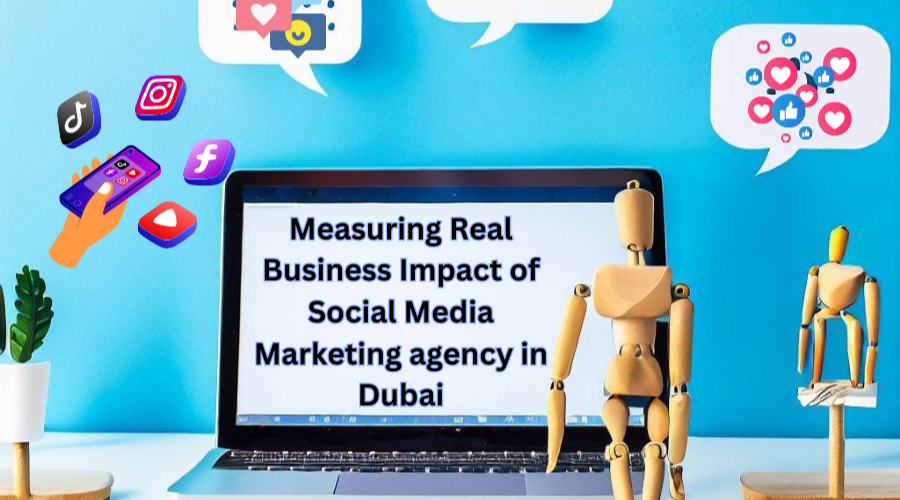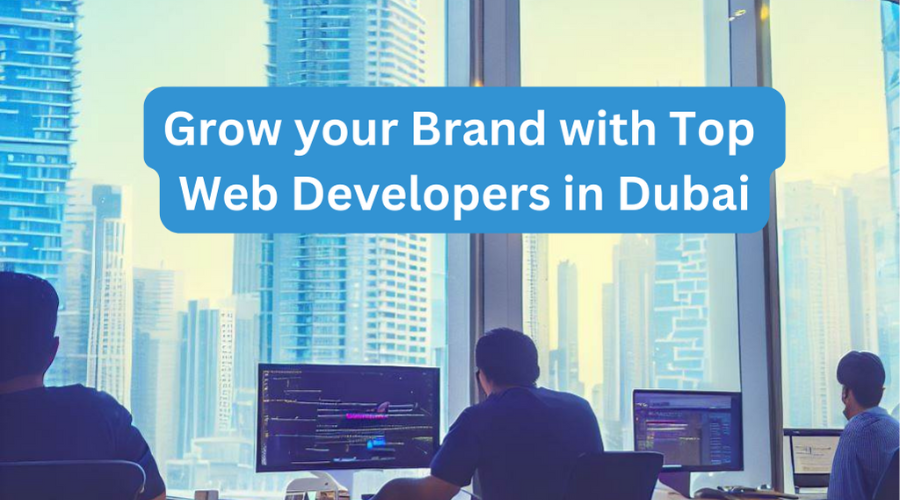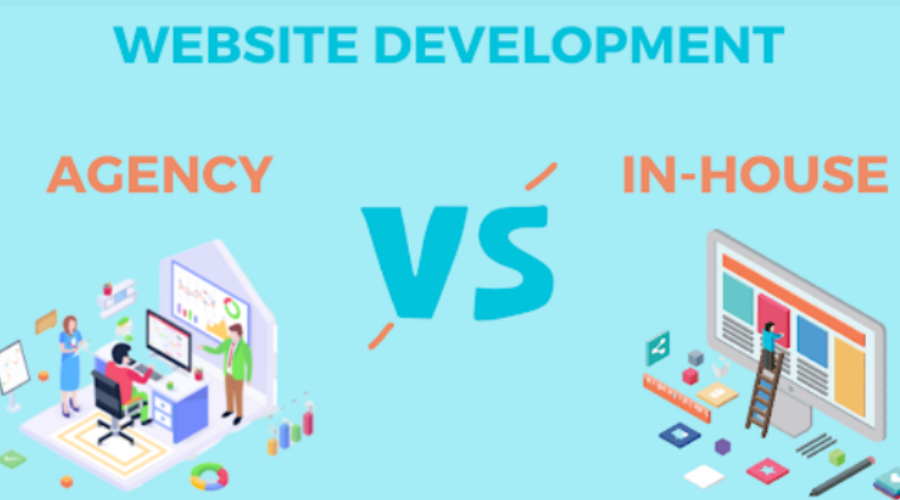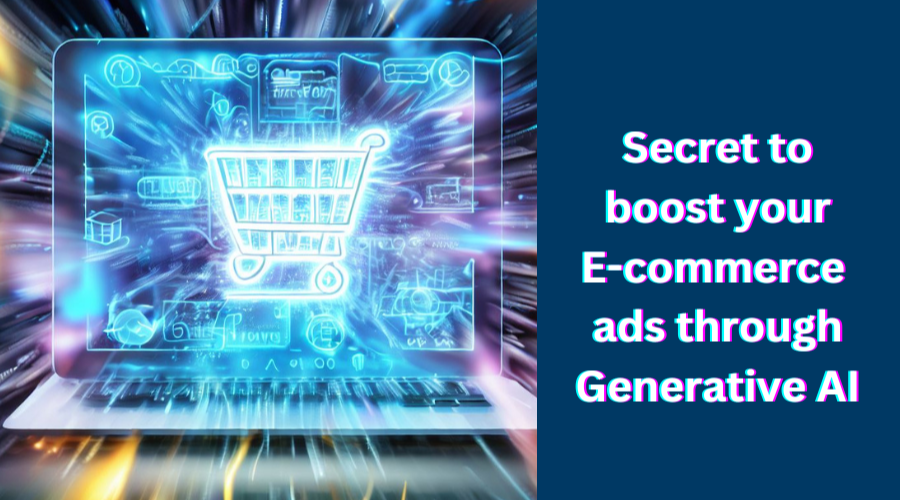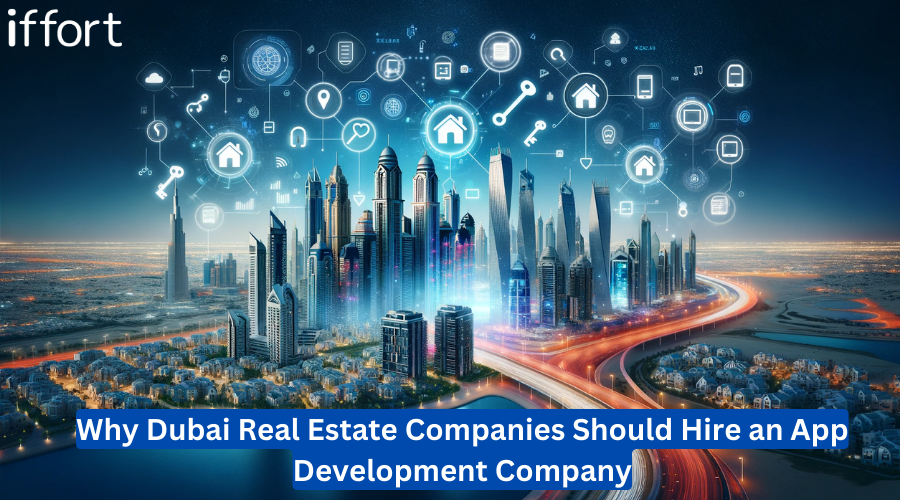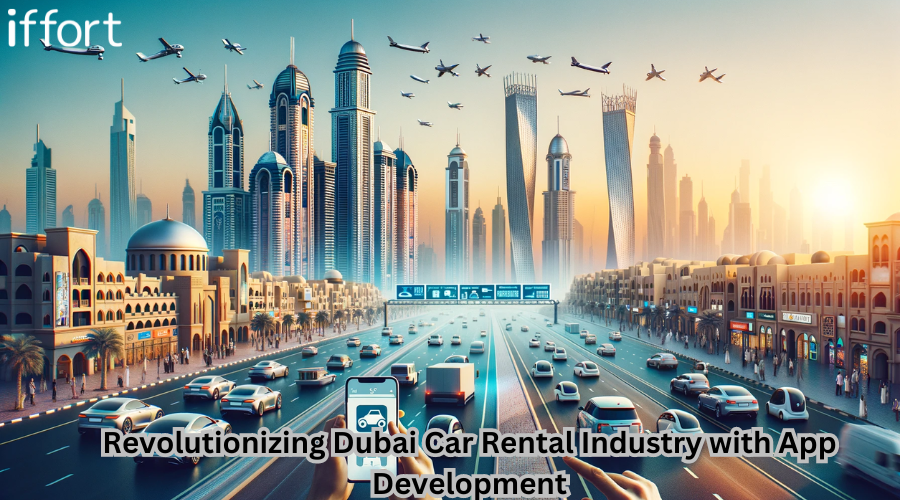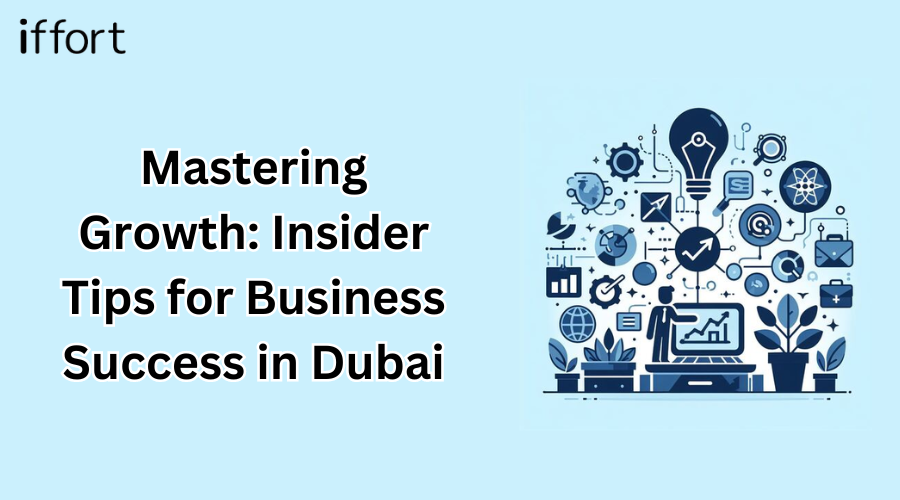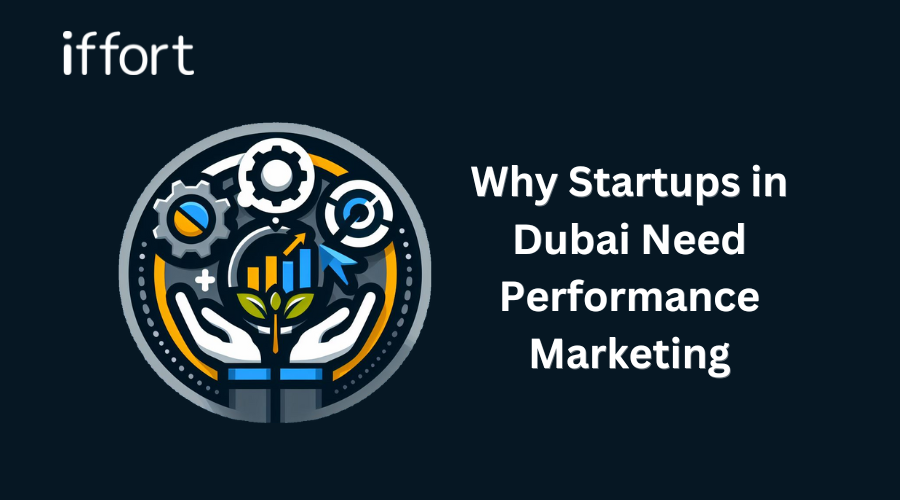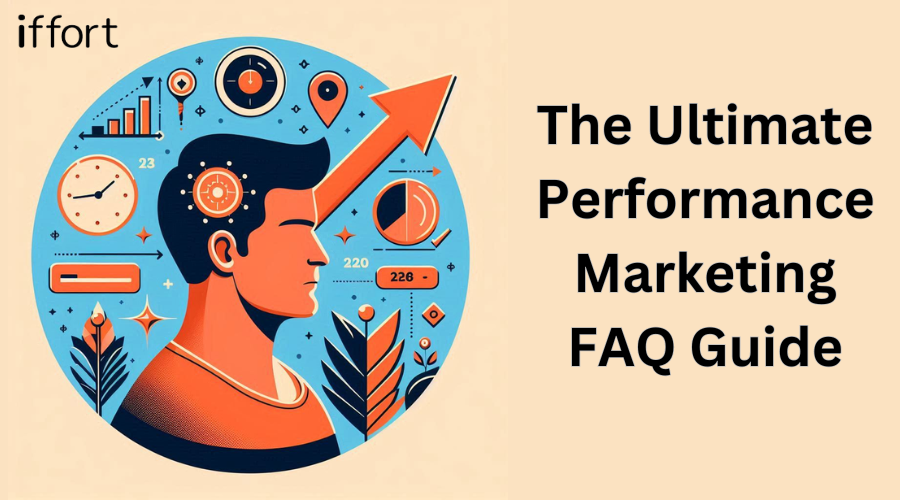Businesses today grapple with a myriad of challenges in their human resource operations, including accurately predicting workforce requirements, fierce competition for top talent, ensuring employee retention, and promoting diversity and inclusion.
Generative AI, an advanced form of artificial intelligence (AI), has emerged as a game-changing tool that can help businesses overcome these challenges. By harnessing the power of Generative AI, companies can swiftly analyse vast amounts of data, uncover hidden patterns, and devise innovative strategies to address complex human resource issues.
Generative AI has the potential to transform talent acquisition by matching candidates with suitable job opportunities, as well as improve employee retention by identifying and addressing factors that contribute to attrition. Additionally, it can help create an inclusive workplace that values diversity.
In the following blog, we will talk about the myriad applications of Generative AI in human resource operations, highlighting groundbreaking use cases and the transformative benefits that this technology offers.
Adapting to Change: Reinventing Human Resource Management for the Modern Workforce
Human resources (HR) have become increasingly important in today’s dynamic business environment, thanks to a variety of factors driving this change. Rapid technological advancements, evolving workforce demographics, and the shifting nature of work have made HR management more critical than it used to be. The emergence of the gig economy, remote work, an increased emphasis on employee well-being and strong organisational culture all contribute to the heightened role of HR.
However, traditional HR operations have limitations that can hinder their effectiveness. For instance, these operations rely on manual processes and paperwork, leading to inefficiencies and an increased likelihood of errors. Additionally, the ever-changing business landscape can leave traditional HR operations lagging in their ability to attract and retain top notch talent. A lack of data-driven decision-making may also compromise the effectiveness of talent acquisition, workforce planning, and employee development strategies. To stay competitive, organisations must transition from traditional HR practices to modern, technology-driven approaches that can address these challenges and unlock new opportunities for success.
Generative AI-Led Startups Disrupting the Human Resource Landscape
- Ginger.io: This mental health and well-being platform provides employees with immediate access to mental health professionals and resources. The platform’s AI algorithms analyse user data, such as mood tracking and self-assessment responses, to provide personalised recommendations for mental health support. By offering on-demand coaching, therapy, and psychiatric care, Ginger.io helps businesses promote a mentally healthy workforce and reduce the impact of stress and burnout on productivity.
- Babblelbots : Babblebots.ai is a recruitment and talent acquisition platform that uses voice technology, conversational intelligence, and proprietary AI algorithms to interview and assess candidates for both technical and non-technical roles through ‘AI-Recruiters’. The platform leverages speech and language understanding to tackle long-form conversations and create near-human conversational voice bots. Babblebots.ai is powered by GPT-3, which is a large-scale natural language technology that uses deep learning to produce human-like text. This allows Babblebots to offer a new way to tackle recruitment and skilling problems in the human resource industry.
Challenges to Consider
While generative AI has the potential to revolutionize HR industry completely, there are also various challenges to consider.
One of the main concerns is the potential for bias in the algorithms used by AI systems. HR teams must ensure that the data used to train the AI models is diverse and representative of the entire workforce. In addition, HR teams must also ensure that the AI algorithms are transparent and explainable, so that decisions made by the system can be understood and justified.
Another challenge is the need for HR teams to embrace new technologies and adapt to changes in the industry. HR professionals must be willing to learn new skills, such as data analysis and programming, to leverage generative AI effectively. Additionally, HR teams must be prepared to address any ethical concerns that arise when using AI in HR decision-making.
Despite these challenges, the potential benefits of generative AI in HR are significant. With the right approach, HR teams can leverage AI to make better decisions, improve employee engagement and retention, and ensure that their organisations have the talent they need to succeed in the future.
The Competitive Advantage of Adopting AI
Embracing AI in human resource operations further empowers businesses to make data-driven decisions regarding workforce planning and resource allocation. By predicting workforce demands and identifying skill gaps, AI helps organisations proactively address potential issues and optimise their talent pipeline.
- Streamlined HR processes: AI improves efficiency by automating routine tasks and simplifying complex operations.
- Enhanced decision-making: AI-driven insights enable data-driven decisions in workforce planning, resource allocation, and talent management.
- Cost savings: Automation and optimised processes reduce the time and resources spent on HR activities, resulting in cost reductions.
- Modern HR practices: AI facilitates the implementation of innovative and data-driven HR strategies, positioning businesses for success in a rapidly evolving landscape.
- Increased employee satisfaction: Personalised learning opportunities, fair compensation, and unbiased recruitment practices contribute to a more engaged and satisfied workforce.
- Improved retention: By fostering a culture of continuous growth and recognising high performers, AI-driven HR systems help reduce employee turnover.
- Automation of repetitive tasks: AI streamlines routine HR activities, allowing organisations to focus on strategic initiatives and business growth.
- Removing biases: AI-powered tools promote unbiased hiring and promotion decisions, supporting diverse and inclusive workforces.
- Enhanced recruitment: AI analyses large datasets to identify top candidates and match them with suitable roles, improving the efficiency and effectiveness of talent acquisition processes.
- Proactive workforce planning: AI predicts workforce demands and skill gaps, enabling businesses to address potential issues before they become critical challenges.
- Real-time performance monitoring: AI-driven performance management systems enable timely feedback and support, contributing to a more motivated and high-performing workforce.
Generative AI holds transformative potential for human resources, streamlining talent acquisition, enhancing employee retention, and optimising workforce planning. By automating repetitive tasks, removing biases, and improving recruitment processes, AI-powered HR systems enable data-driven decision-making and modern HR practices. These innovations lead to increased operational efficiency, cost savings, and competitive advantages, positioning businesses for success in an increasingly complex and demanding business landscape.
Looking to implement AI in your business? Connect with Iffort, your digital technology and marketing partner. We can help incubate startup ideas and bring product-level thinking to the core.
